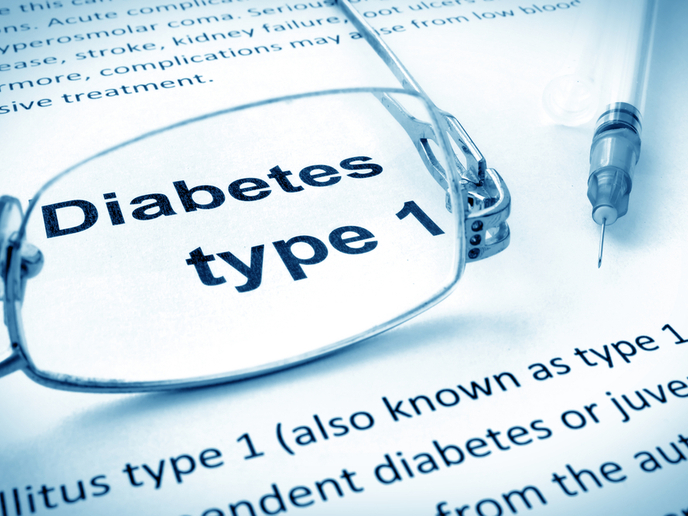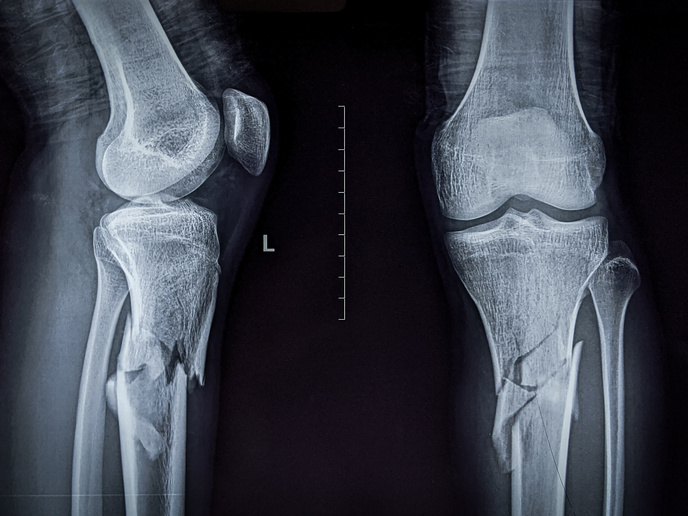Genetic predisposition to type 1 diabetes
Genetic studies have identified certain susceptibility genes associated with disease incidence, including the human leukocyte antigens, the IL-2 receptor alpha chain (CD25) and PTPN22. The PTPN22 gene expresses protein tyrosine phosphatase non-receptor type 22. The R620W polymorphism at the PTPN22 gene, which induces a single amino acid change, has recently received considerable attention. The EU-funded PTPN22 IN T1D (Effect of PTPN22 on Treg to Teff equilibrium in human and murine autoimmune diabetes) project has investigated the mechanism by which the PTPN22 allele acts as an autoimmune susceptibility locus. Researchers studied the role of PTPN22 in regulatory and effector T cell populations in healthy and pre-diabetic individuals. Genotyping of T1D patients or individuals-at-risk for the R620W polymorphism revealed a higher percentage of the predisposing polymorphism in these populations in comparison to healthy controls. These individuals also present with an increased number of memory and effector T lymphocyte populations. Experiments to determine the role of PTPN22 in T lymphocyte development have demonstrated the importance of this allele in driving differentiation of regulatory T cells. These results have been corroborated by studies in mice lacking the PTPN22 allele, further showing that PTPN22 sets the threshold of T cell receptor activation. Additionally, the same allele seems to control antiviral responses by influencing the formation of memory and cytotoxic T lymphocytes. Significantly, lack of PTPN22 augments antiviral effector T cell responses. Any therapy targeting this allele should therefore be aware that antiviral immune responses may be enhanced. By outlining the role of PTPN22 in T cell development and function, researchers hope to understand how it predisposes individuals to develop T1D. Long term, the generated information could form the basis for genetic testing and the development of novel therapeutic interventions.







